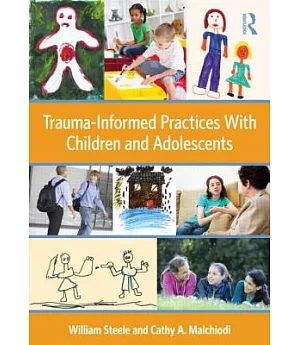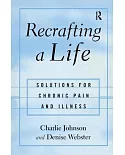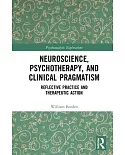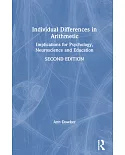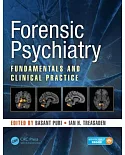Written for all helping professionals who work with traumatized youth, this volume describes strategies for implementing "trauma-informed practices" in care practices. "Trauma-informed" means
that, because trauma is predominately a sensory process that cannot be altered by cognitive interventions alone, care must engage children and adolescents in sensory, somatic, neurosequential
experiences that help restore a sense of safety. The authors address general principles of trauma-informed practices; how trauma effects the body over time; the role of trauma-informed
assessment in treatment planning; the establishment and maintenance of safe relationships and environments; practices to help children lean to self-regulate responses to perceived threats and
traumatic memories; and specific strategies that incorporate sensory integration, somatic techniques, art, play, expressive arts therapies approaches, and other methods. Annotation 穢2011 Book
News, Inc., Portland, OR (booknews.com)

